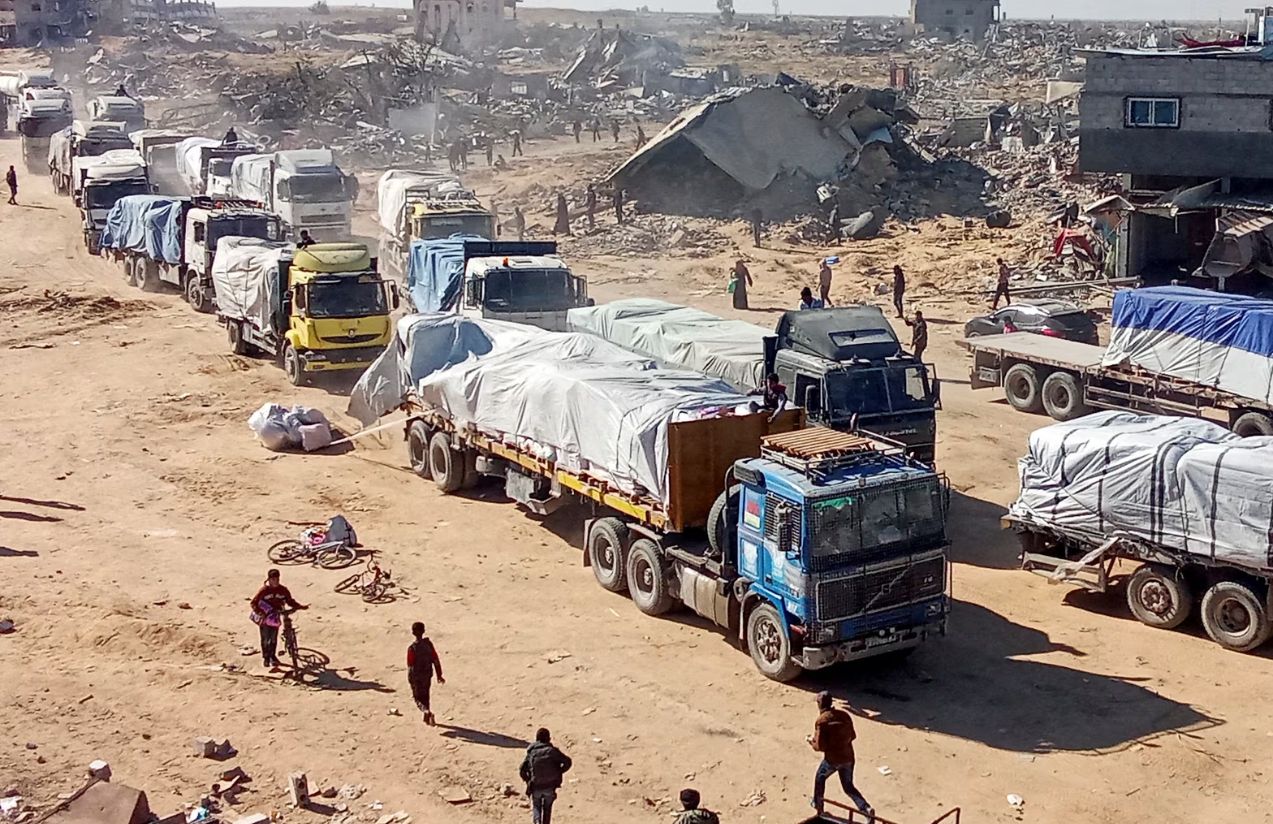After weeks of intense clashes, Israel has confirmed a ceasefire with Hamas and announced the reopening of humanitarian aid access to the Gaza Strip. The decision, reached through mediation by Egypt and the United Nations, will allow the entry of food, medicine, and fuel, offering long-awaited relief to a population that has endured months of shortages and destruction caused by the ongoing conflict.
Convoys carrying essential supplies have already begun entering through the Rafah and Kerem Shalom crossings under the supervision of international agencies, which will monitor distribution to ensure that aid reaches civilians in need rather than armed groups. Hospitals and shelters, which have been operating on the brink of collapse, are among the main beneficiaries of this initiative.
However, despite the positive development, doubts remain about how long the truce will hold. Analysts warn that any violation or escalation could immediately reverse progress and reignite violence in the region.
Could this ceasefire mark the beginning of a lasting peace in Gaza?
It’s still uncertain. While it represents a crucial step forward, experts emphasize that without genuine political will and mutual trust, humanitarian relief alone cannot solve the deep-rooted crisis that continues to affect millions of people.

